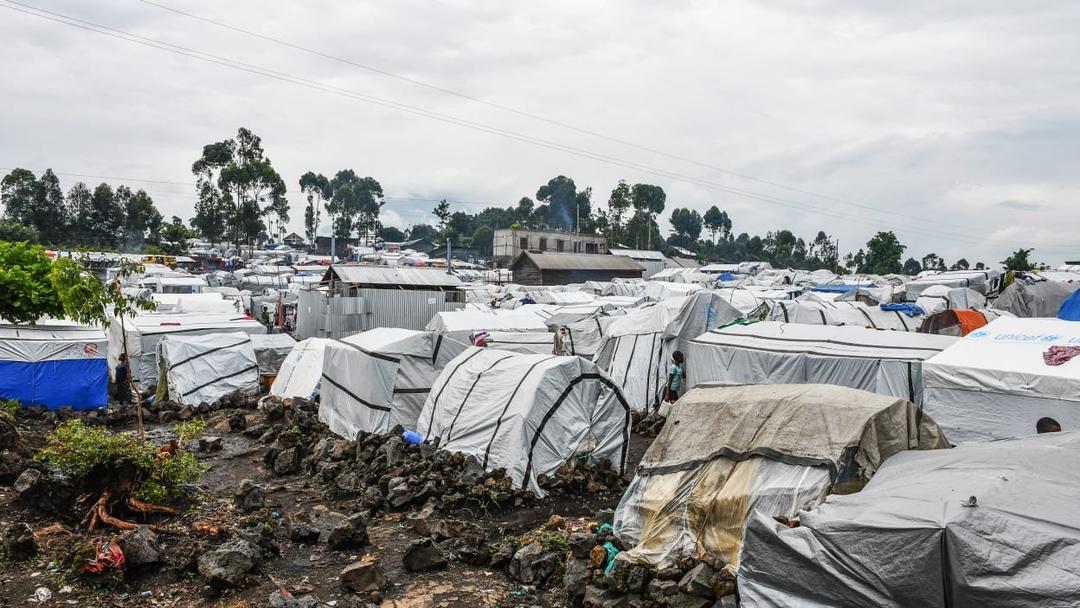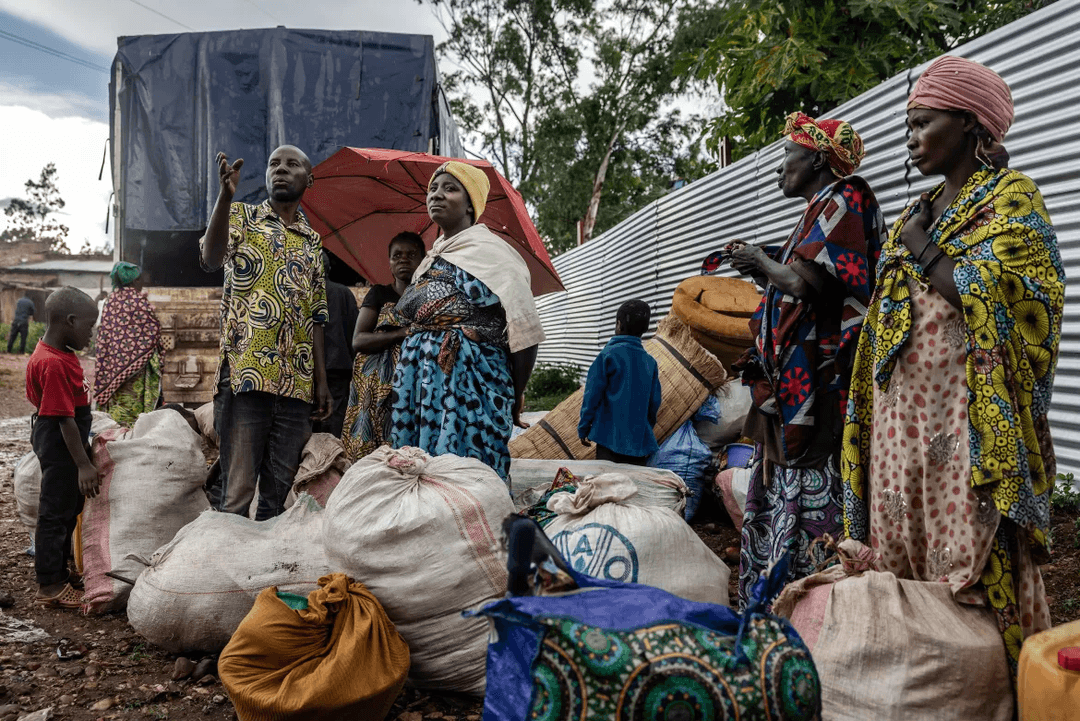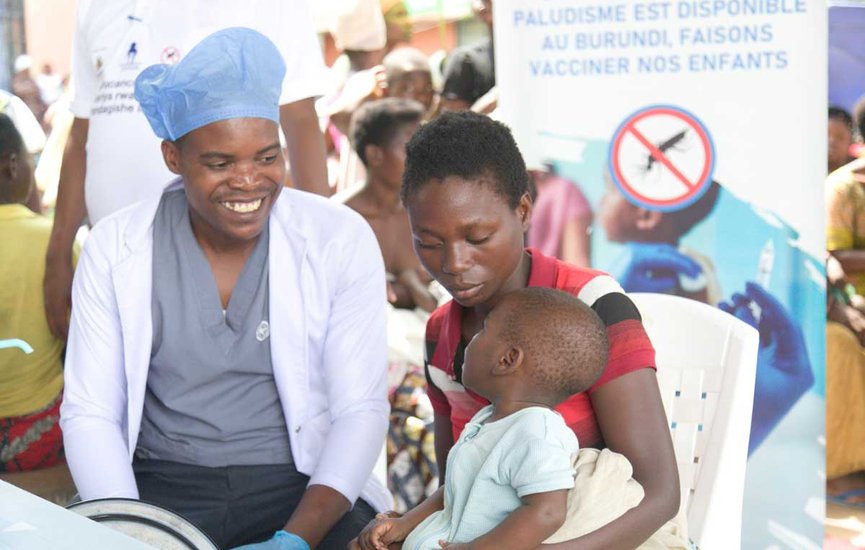Since early 2025, Burundi has received over 70,000 Congolese refugees most of them women and children fleeing intense fighting in eastern Democratic Republic of Congo (DRC) between government forces and M23 rebels. Many arrived after walking for weeks through forests and remote terrain, often without receiving any medical attention. Now, they face a new threat: preventable diseases like measles, polio, tuberculosis, and whooping cough.
A growing number of these displaced children have never received a single vaccine. Others had their immunisation interrupted by the chaos of war and displacement, leaving them especially vulnerable. The situation is particularly dire in overcrowded reception camps like Rugombo in Cibitoke province, where families live in makeshift shelters with limited access to water, sanitation, or medical care.
“These children are especially vulnerable,” says Dr Jean Claude Bizimana, Director of Burundi’s Expanded Programme on Immunization (EPI). “Delays in vaccination during large-scale displacement significantly increase the risk to the entire population, including host communities.”
In response, Burundi’s Ministry of Health has launched an emergency vaccination campaign with support from international partners including Gavi, the Vaccine Alliance, WHO, UNICEF, and the UN Refugee Agency (UNHCR). The campaign targets so-called "zero-dose" children those who have never received a single vaccine and aims to close immunisation gaps before they lead to deadly outbreaks.
The task is monumental. At Rugombo transit site, where thousands of Congolese have taken shelter, living conditions are precarious. Health centres are overstretched, and medical records are often nonexistent. “My baby is five months old and has never had a single vaccine,” says Kanyele Hangi, a mother of five from North Kivu. “We left Congo when he was one month old, and I walked for an entire month before getting here.”
Health workers and volunteers, some of them fellow refugees, are doing what they can to maintain basic hygiene and deliver vaccines. Community health worker Dieudonné Ndikumana says the Red Cross conducts daily disinfection routines to prevent the spread of diseases like cholera. Still, the camp faces chronic water shortages and limited healthcare staffing.


Children identified for catch-up vaccinations are being immunised immediately upon arrival, with mobile teams deployed to reach high-risk areas like Gatumba and Makamba. The campaign covers measles, polio, diphtheria, whooping cough, hepatitis B, and Hib. Data is entered into Burundi’s national health information system in real-time to track progress and inform logistics.
Despite progress, challenges persist. Many children are still unreached, and some parents remain hesitant due to past trauma or lack of accurate information. “When a child misses a dose, they’re no longer protected but it also weakens herd immunity,” Dr Bizimana warns. “That opens the door to outbreaks.”
To prevent a full-blown health crisis, Gavi is funding vaccine procurement, WHO is supplying additional staff, and UNICEF is improving sanitation by providing mobile latrines and clean water access. Meanwhile, UNHCR is helping relocate refugees from overcrowded sites like Rugombo to more stable settlements, such as Musenyi in Rutana province.
Burundi’s campaign is part of the global “Big Catch-up” effort launched to restore vaccination access in communities affected by conflict and displacement. While immediate needs are being addressed, long-term success will depend on continued coordination, steady vaccine supply chains, and investments in local healthcare capacity.
For thousands of displaced Congolese children, these vaccines are more than just a medical necessity they are a first step toward reclaiming safety, stability, and hope for the future.


